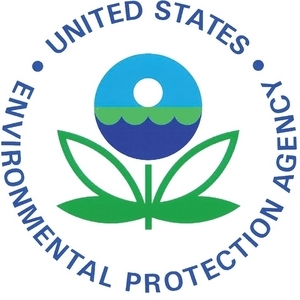EPA Inspector General recommends improvements to RFS monitoring

September 25, 2013
BY Erin Krueger
The U.S. EPA Office of Inspector General has released a report recommending ways the agency should improve monitoring activities for the renewable fuel standard (RFS) program. According to the report, the audit was conducted in response to the generation of millions of dollars of fraudulent renewable identification numbers (RINs), and aimed to determine if EPA has assessed program risk and designed necessary controls in the RFS program.
According to the report, the EPA did not track submission of third-party engineering reviews or annual attest engagements because it does not have an electronic monitoring system for those reports. Until these materials are tracked, the Office of the Inspector General said the agency can’t be sure that program participants are complying with regulations. However the EPA recently implemented electronic reporting requirements for attest engagements and said it intends to do the same for engineering reviews by the end of the year.
The report also notes the investigation was unable to determine if there is overlap in parties completing the third-party engineering reviews and attest engagements. In addition, it specifies that regulations currently do not preclude the same third party from completing multiple requirements and other reporting responsibilities, allowing for potential overlap. This could result in a conflict of interest if the same third party reviews its own work.
Advertisement
Advertisement
The Office of Inspector General recommends that the EPA Office of Air and Radiation modify existing systems to track the submission of reporting requirements, and recommends requiring electrical submittal of all reporting requirements for the RFS, including third-party engineering reviews and attest engagements. It also suggests the EPA revise regulations to include specificity on independence requirements.
The EPA’s Office of Air and Radiation has agreed with the report’s recommendations and is addressing them. As of May 2013, the EPA began requiring attest engagement reports to be submitted electronically. Engineering reviews are expected to be collected electrically before the end of the year. In its response to the recommendations, the EPA also noted that the ability to track the electronic submissions be will a part of future EPA Moderated Transaction System (EMTS) development, targeted for completion during the third quarter of 2015. The EPA also noted it expects to make a policy decision concerning the third-party independence in the final rule for the quality assurance program.
Advertisement
Advertisement
Related Stories
International Sustainability & Carbon Certification has announced that Environment and Climate Change Canada has approved ISCC as a certification scheme in line with its sustainability criteria under its Clean Fuel Regulations.
Legislation introduced in the California Senate on June 23 aims to cap the price of Low Carbon Fuel Standard credits as part of a larger effort to overhaul the state’s fuel regulations and mitigate rising gas prices.
The government of Brazil on June 25 announced it will increase the mandatory blend of ethanol in gasoline from 27% to 30% and the mandatory blend of biodiesel in diesel from 14% to 15%, effective Aug. 1.
The U.S. Court of Appeals for the D.C. Circuit on June 20 rejected several claims challenging the U.S. EPA’s RFS Set rule but will require the agency to provide additional information on certain environmental findings.
The 2025 International Fuel Ethanol Workshop & Expo, held in Omaha, Nebraska, concluded with record-breaking participation and industry engagement, reinforcing its role as the largest and most influential gathering in the global ethanol sector.
Upcoming Events










